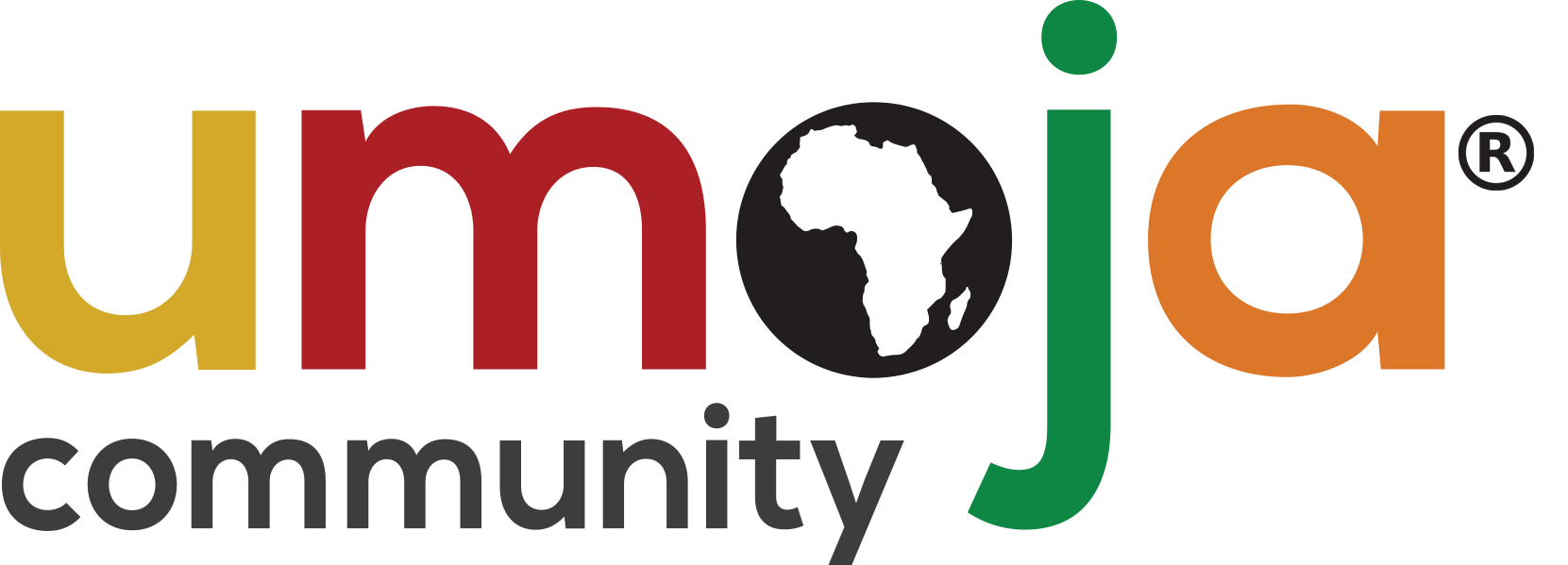COPYRIGHT NOTICE © 2022 by Umoja Community Education Foundation
These resources are the intellectual property of Umoja Community Education Foundation. To make digital or hard copies of part or all of this work for personal or classroom use is granted without fee provided that copies are not made or distributed for profit or commercial advantage and that copies bear this notice and the full citation on the first page. Copyrights for components of this work owned by others than Umoja Community Education Foundation must be honored. Abstracting with credit is permitted. To copy otherwise, to republish, post on servers, or redistribute to lists, requires prior specific permission and/or a fee. Request permissions from Umoja Community Education Foundation, info@umojacommunity.org
To support the Umoja community in extending the learning and conversations around Dr. Chris Emdin’s book, Ratchetdemic, the Umoja Community Education Foundation has created instructional and programming resources for faculty and coordinators. The resources support the building of our community and communal intelligence by integrating the Umoja practices, providing examples of learning strategies and activities that strengthen skills and competencies across academic disciplines, and providing examples of programming activities that explore the books keep concepts, and encourages engagement with Umoja students, campuses, and the general community.
Our hope is that you take the examples as guidance on how to integrate the book into your courses and programs then share your experiences with our community of practitioners so that we can continue to develop as educators.
Enjoy!
Overview of shared resources
Bring the Ratchet Lesson Plan and Facilitator Guide: Chapter three of Dr. Chris Emdin’s book, Ratchetdemic, examines how current classroom pedagogy is not designed for learners to come into the space authentically. Instead, expressions of self or in response to oppression are considered “ratcheted”. Using reflection, discussions, and logic puzzles, this lesson will allow us to identify our ratchet gifts and examine how it influences our behaviors, perceptions, and experiences individually and collectively. [ DOWNLOAD ]
Ratchet Homeostasis: Finding and Keeping Balance Lesson Plan and Facilitator Guide: Chapter seven of Dr. Chis Emdin’s book, Ratchetdemic, describes the ways that the American education system maintains the status quo through a deliberate process of “cloning,” where educators and students are groomed to bend to a particular set of cultural norms and expectation. This lesson plan in biology uses Dr. Emdin’s discussion of cloning and likens it to acid-based homeostasis in the body, specifically as it relates to blood pH. As students learn about how the pH of blood is maintained by the renal, respiratory, and acid buffering systems, they will identify and discuss the ways that school norms are maintained by policies and practices. Students will demonstrate their understanding of homeostasis and balance before deciding if they, themselves, have a set of personal buffering systems that monitor and maintain their ratchet and authenticity. [ DOWNLOAD ]
Conquering Imposter Syndrome: Exploring and Defining Your Ratchet Lesson Plan and Facilitator Guide: Chapter ten of Ratchetdemic takes a critical look at the internal and external motivations of participating in higher education. Dr. Emdin claims that to get to graduation, students must frequently leave behind parts of themselves, or their Ratchet, in order to gain acceptance. Dr. Emdin offers an alternative perspective to education calling students and teachers to let their Ratchet shine and elevate their genius. The goal of this lesson plan is to help students identify ways in which they authentically show up in academic spaces and how their identities have been accepted or rejected over the years. [ DOWNLOAD ]
Hip Hop, Fashion, and Cultural Appropriation in the Black Community Programming and Facilitator Guide: In Christopher Emdin’s, “Ratchetdemic Reimagining Academic Success” The author highlights the experiences of African Americans and how our culture, art, fashion, image, and self-perception are not always celebrated in society; but, negatively interpreted to demean our race. However, at the same time society will use our image in mainstream America for profit, this is also known as Cultural Appropriation. Over a series, this program will highlight four major components that will serve as individual workshops: An introduction to the timeline and impact of cultural appropriation; a look into Hip Hop Culture and African Griots; the overall image of Blacks in mass media; and how these components of culture and narratives contribute to the way our black students see themselves, career opportunities, seat in higher education, and dreams for the future. [ DOWNLOAD ]
